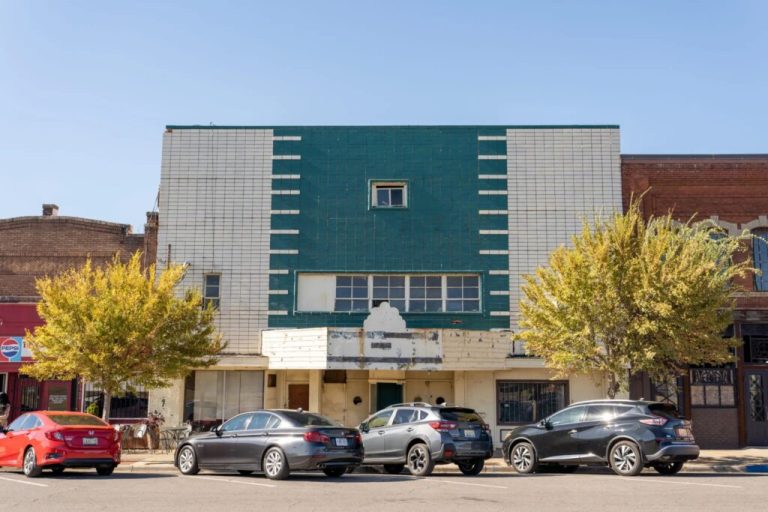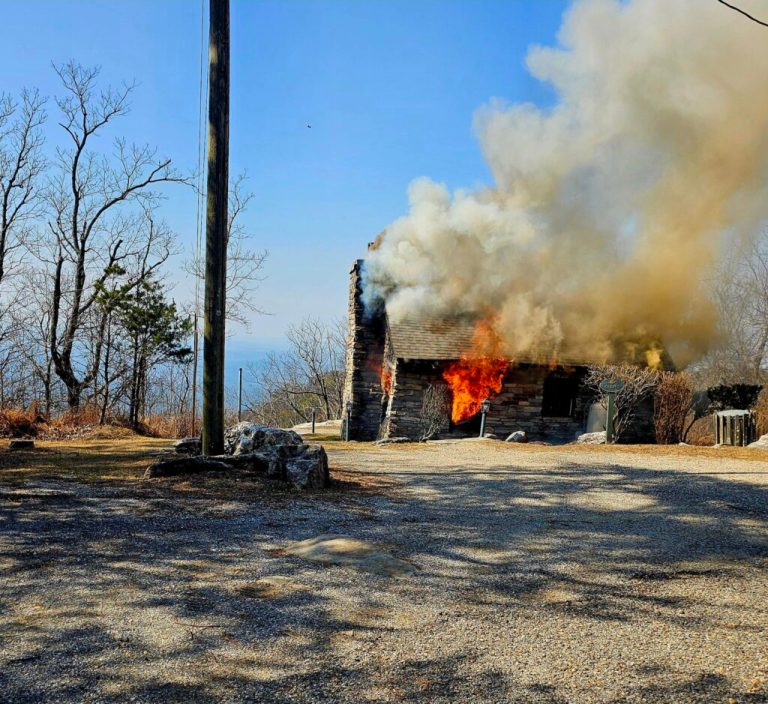Reviewed by: Nathan Watson
Alabama Audubon launches first volunteer bird window collision monitoring initiative
Reading time: 3 minutes

Alabama Audubon is launching the first volunteer bird window collision monitoring program in the state.
The organization is holding two virtual information sessions for volunteers on Thursday evening, February 16th at 6PM and February 17th at 12PM. Register HERE.
Leading Cause of Bird Deaths
An estimated 365 million to one billion birds die from colliding with windows annually in the United States, the second leading cause of bird deaths in North America.
Nearly half of these collisions occur at residential windows, with the rest occurring in cities with larger buildings covered in glass and bright lights.
Making a Difference

“This project is important because it will get our communities directly involved with bird conservation,” said Dr. Lianne Koczur, Science and Conservation Director of Alabama Audubon. “We can talk about window collisions all day but when you hear it and see it firsthand, it affects you in a different way. We need our volunteers to help spread the word.”
Volunteer participants in the window collision monitoring program will have the opportunity to join a team that collects important data on bird-window strikes that will be used to help the organization direct conservation activities around the state.
Activities the volunteers will conduct:
- Survey set routes in urban areas in the early morning during spring and fall migrations, March–May and August–November
- Look around buildings for dead or stunned birds—which will be taken to a rehab center
- Record data that will help researchers understand where problem buildings are located and which species are most impacted by collisions.
This data will direct Alabama Audubon’s efforts to have conversations with building owners and work to retrofit windows to make them safe for birds.
The goal of the window-monitoring initiative is to see buildings in Birmingham, Montgomery, Tuscaloosa, Mobile and Huntsville place films or decals on their windows to begin a growing network of bird-friendly buildings across Alabama.
Education is Key to Success

Along with the monitoring program, education is also a central component of the initiative, because there are many simple ways to reduce collisions and bird deaths.
“With window collisions, we know what the solutions are—a very cool thing about retrofitting windows is that you know it will definitely save a bird’s life.” added Koczur. “In the conservation world we don’t really get that instant gratification very often. That certain and immediate impact in terms of doing something good for wildlife isn’t very common.”
Here are 5 simple things that can be done to help birds in Alabama:
- Utilize window decals
- Relocate bird feeders
- Turning off lights during migration
- Plant native plants
- Participate in community science projects like Breeding Bird Surveys and Christmas Birds Counts
Interested in Joining?
Become one of the first Alabama Audubon bird window collision monitoring program volunteers. Register to attend the February 16-17 virtual information sessions at:
Are you a birder? Share your favorite bird photos with us on The Bama Buzz, by tagging us on social media at @thebamabuzz



